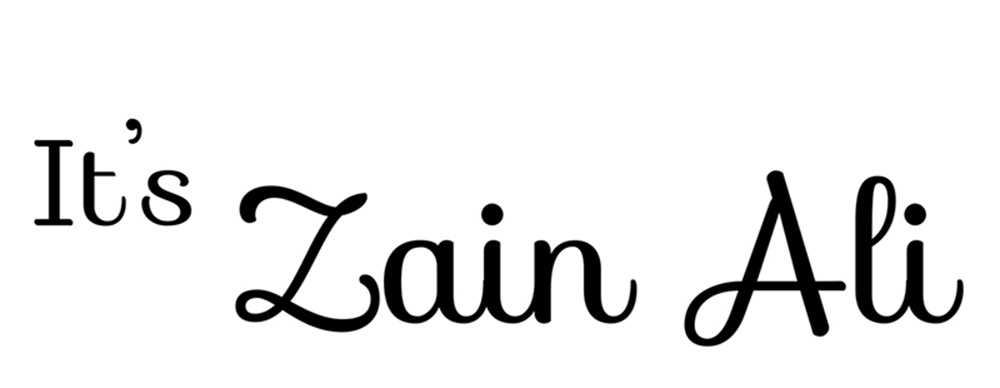We often find ourselves resenting the fast-paced-ness of technology in the 21st century, cringing about how instantly we can be reached by others, at almost any time of the day. On the other side of this global spectrum, however, technology has and continues to bring smiles to faces far apart, connecting lives beyond geological boundaries. Today, new media is allowing us, if not more intensely, but equally, to feel basic human emotions such as joy, sadness, jealousy... just as our ancestors did growing up in a technologically free world.
Living alone in a foreign land, being miles and miles away from my home country, has made me deeply value technology, almost treasure it every single day- it's the only connection I have with home, my family and friends. This is the reason why I decided to do an experimental short film showing just how far we have come in electric circuitry!
For my project, I put together clips of commercials and short films from the 1900s to the present day demonstrating the level of communication technology that existed in each decade and how people in their respective times, were able to utilize it. As the film advances chronologically, we notice how McLuhan's notions of electric circuitry and its expanse aptly summarize what has been happening over the past 100-150 years. He writes, "Electric circuitry has overthrown the regime of "time" and "space" and pours upon us instantly and continuously the concerns of all other men. It has reconstituted dialogue on a global scale." (McLuhan in "Your Neighborhood", The Medium Is The Massage)
Gone are the days when you would trust a pigeon to deliver your message, have to go through an operator just to call someone, or spend both your time and a fortune in order to have a conversation. Today, our loved ones, and even strangers all around the world, are now just an on-screen tap away. We no longer need to wait.

